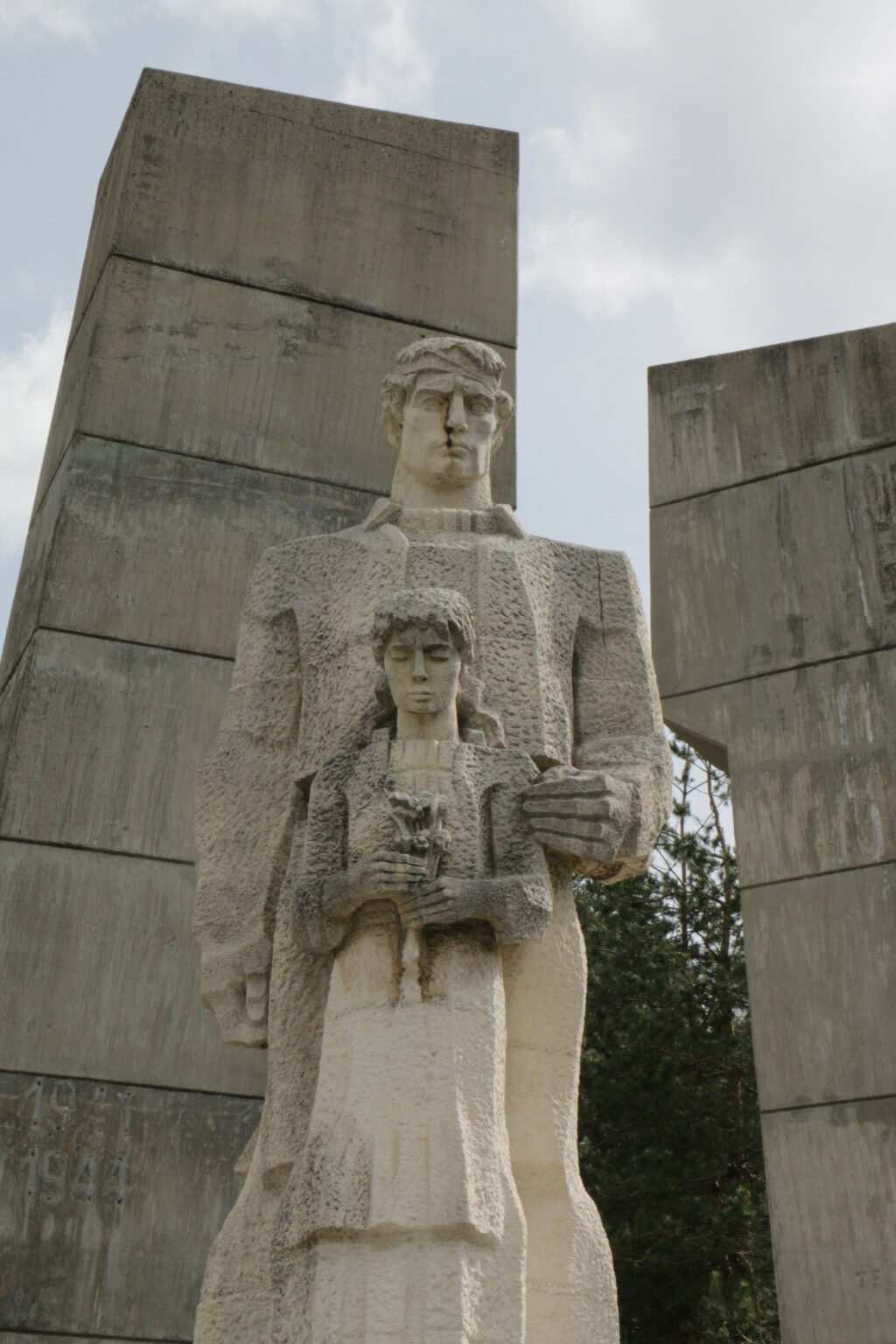
If you are looking for a new travel destination in Europe, you might have come by Bulgaria and are wondering whether it is worth a visit. Before my recent week-long visit to Bulgaria, I had few expectations of this country and the things that I had heard and read beforehand were often contradicting. Friends that had visited often described it as boring and kind of dirty, while articles on the internet often praised it as an undiscovered gem in Europe that is well suited for everyone.
Having visited the country for a full week and seeing large parts of the country from the mountains in the West to the Black Sea in the East, Bulgaria has both its pluses and minuses, however, what I can conclude is that Bulgaria is not your ordinary travel destination in no way nor do I consider it to be a one-size-fits-all country, contrary to what many fellow travel bloggers claim it to be.
Bulgaria is a travel destination for the open-minded adventurous traveler looking to explore and learn about one of Europe’s lesser-known travel destinations, struggling with its communist past and a drastically declining population. Furthermore, travelers should not expect infrastructure or services to be up to Western standards. With that said, Bulgaria offers beautiful mountain peaks, excellent food, and, although in no way like the Mediterranean, an impressive coastline along the Black Sea.
If you are considering visiting Bulgaria, I wrote a whole blog article describing the ideal itinerary depending on the amount of time that you will stay in the country, check it out here.
Population decline in Bulgaria
As the European Union’s poorest member, Bulgaria is a land of stark dichotomies that reflect its challenging journey post-communism. Since the fall of communism in Eastern Europe in the 1990s, Bulgaria has, much like the rest of the eastern block, seen a drastic decline in its population, the effects of which are strikingly visible in the rural parts of the country beyond the capital of Sofia. Since 1989 when Bulgaria’s population hit its peak at 8.9 million, the country has seen a nearly 30% decline in population, amounting to a loss of about 2.5 million people! Due to low birth rates and a large emigration westward, Bulgaria is now the country in the world with the fastest declining population (!). This drastic change is heartbreakingly evident in the countryside, where empty, decaying buildings and deserted villages paint a haunting picture.

Cities Frozen in Time
Contrasting these rural scenes, many Bulgarian cities, particularly those beyond the more cosmopolitan Sofia, feel like they are frozen in time. The Brutalist architecture, with its massive concrete apartment blocks, a lingering relic from the communist era, combined with an almost entire absence of international brands outside of the capital of Sofia – that so often dominate developed cities – gives you a feeling of traveling back in time. For someone like myself, who is both interested in history and urban exploration, these cities are like living museums, each structure telling a story of a time that once was.
Yet, amidst these historical echoes, the signs of progress and European Union investment are evident. New roads, modern fire stations, and refurbished hospitals speak of a country slowly rebuilding itself. But the journey is complex. Even with visible development, the broader challenges of underdevelopment and economic hardship are omnipresent.
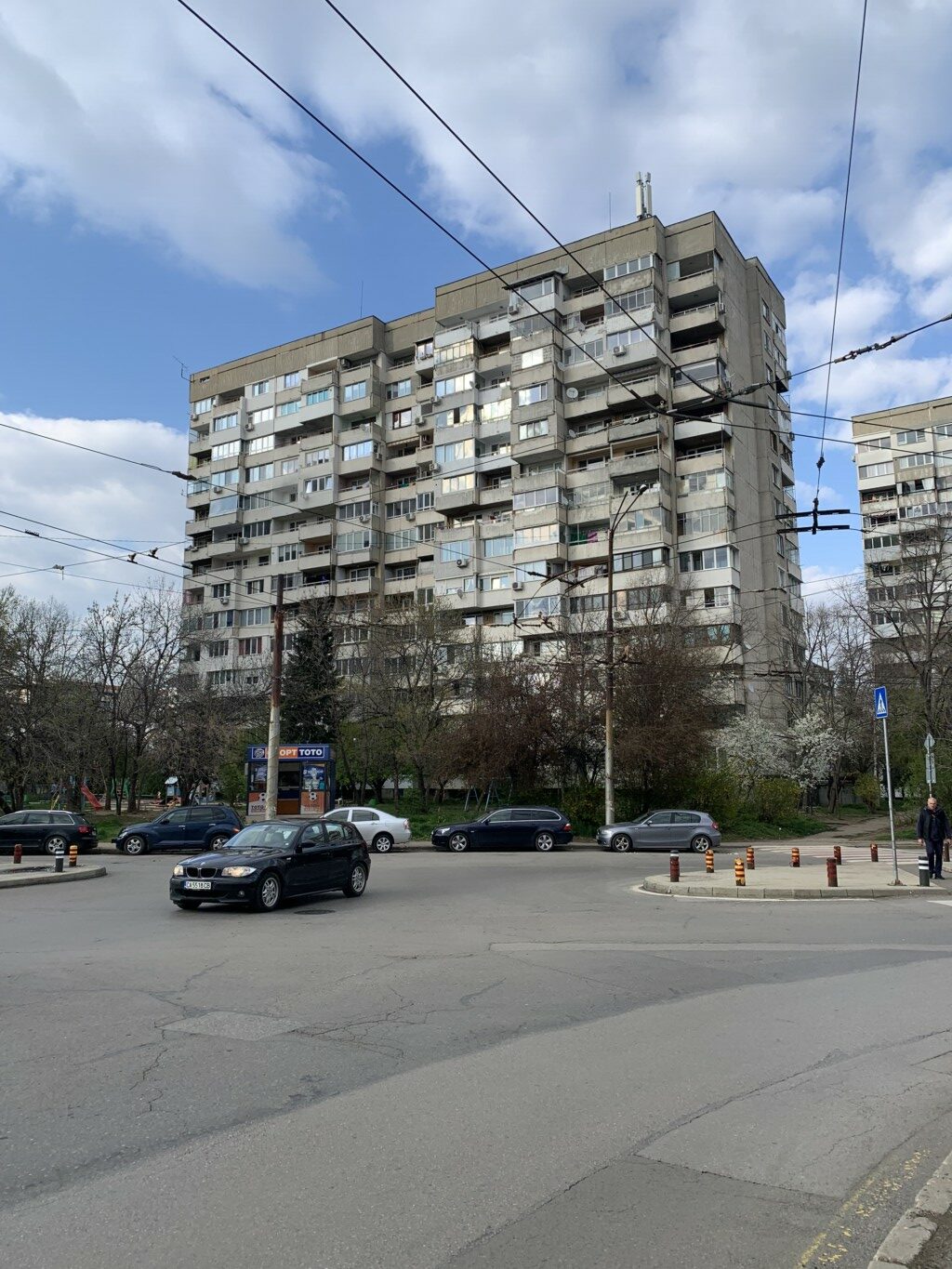
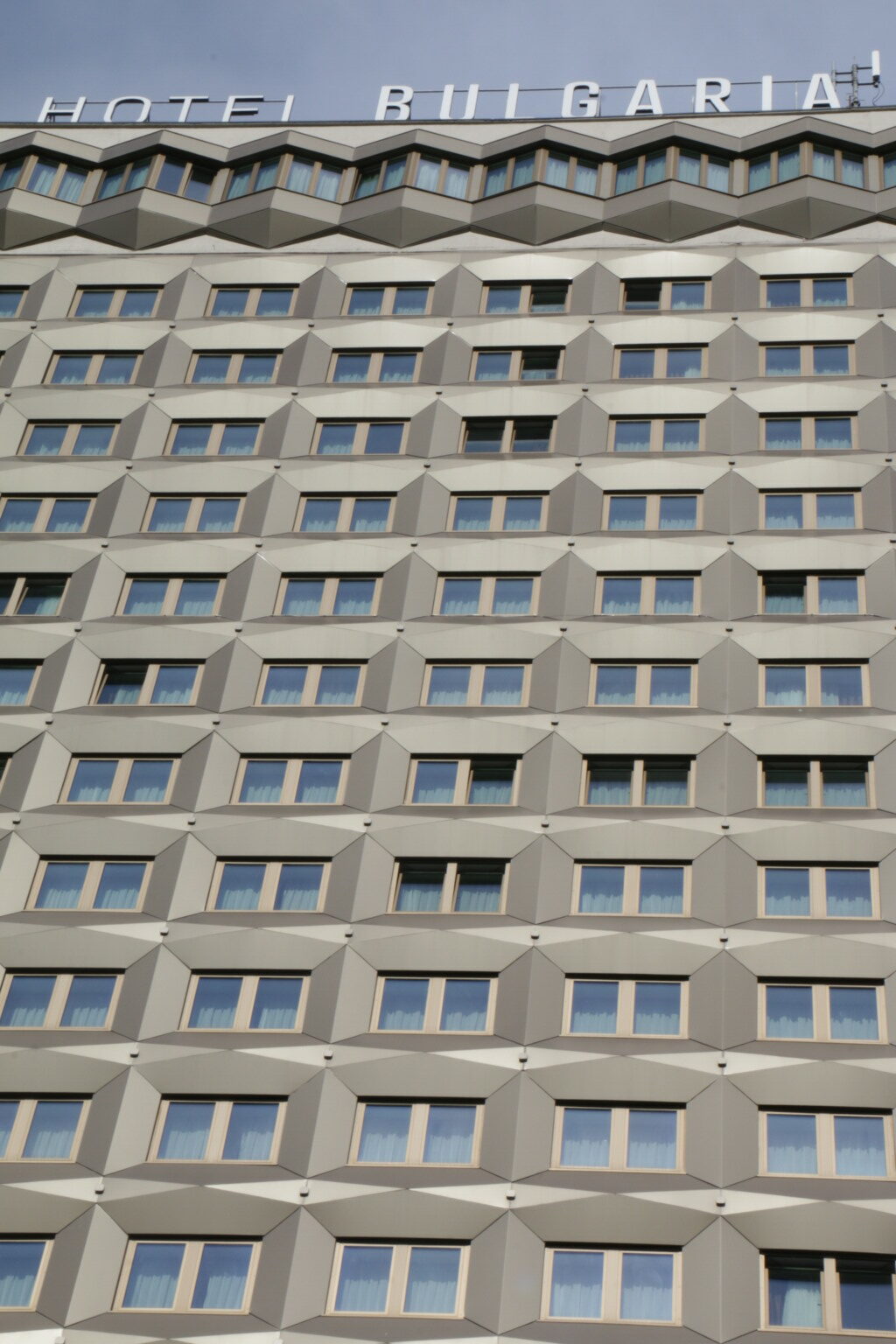
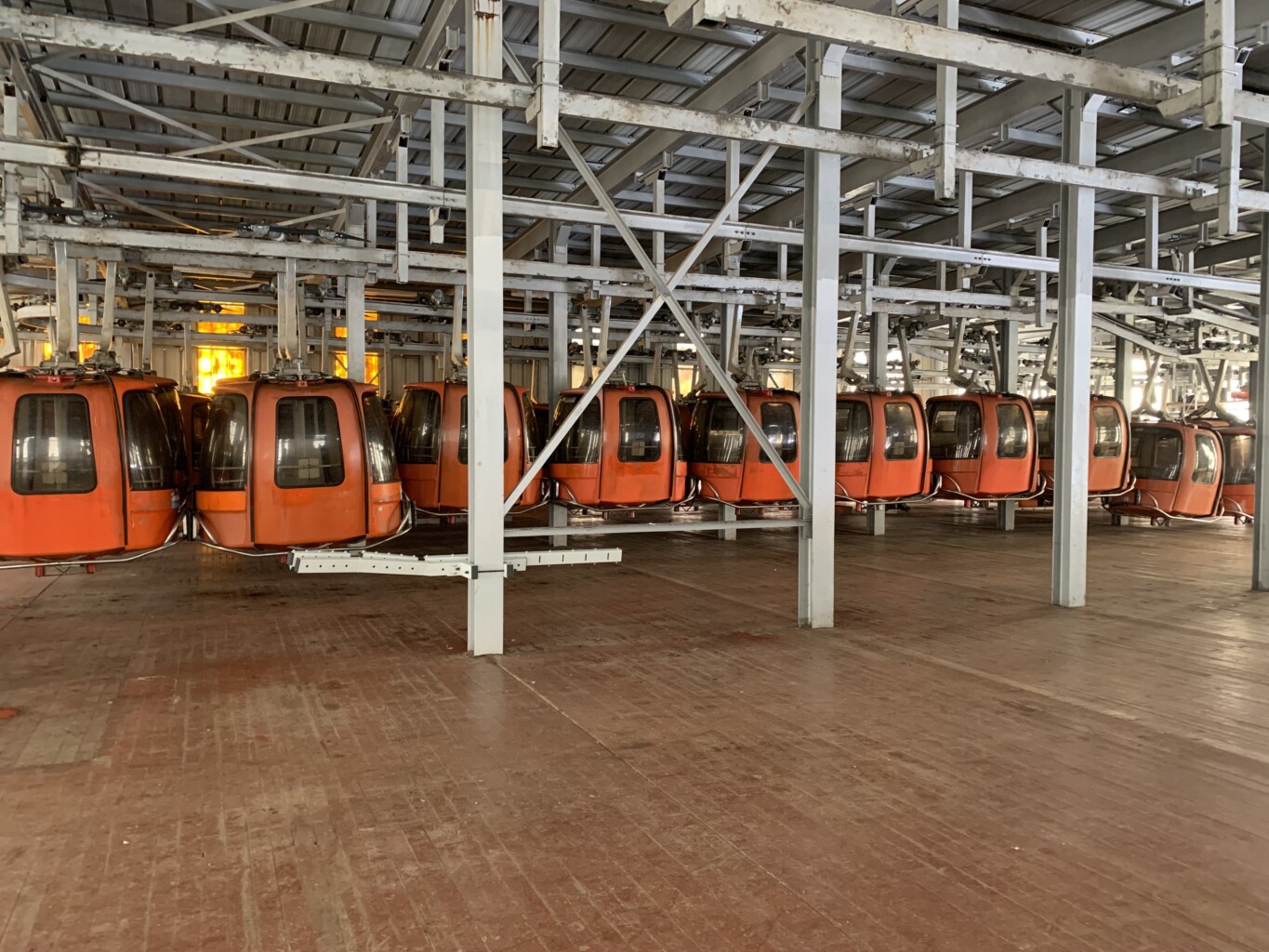
Spectacular Nature
What people might not expect is that Bulgaria offers stunning nature, consisting high mountain peaks in the West and beaches on the Black Sea to the East. This makes it one of the few countries in Europe where you can go from the skiing slopes straight to the beach within a day. In total, there are four mountain ranges that run across Bulgaria, the Balkan mountains in the North and the Rila, Pirin and the Rhodopes mountains ranges in the South. The Rila mountain range is the highest, with the highest peak of Bulgaria (and also the highest peak on the Balkan penninsula) being the Musala peak at 2 925 m above sea level.
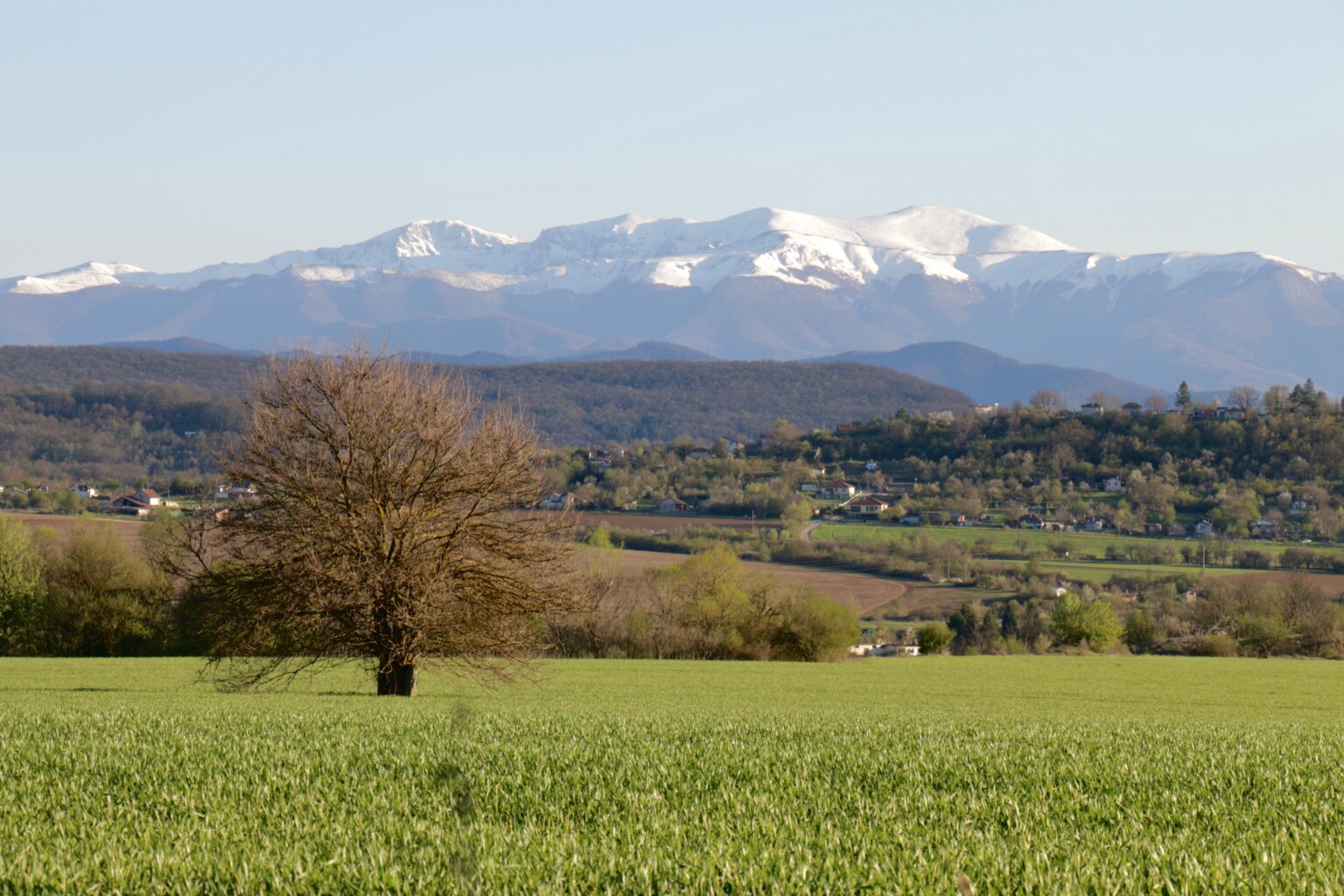
The Food Is Great
Another thing that surprised me with Bulgaria was the, good quality of food that is offered throughout the country, both international dishes as well as traditional Bulgarian, a common theme that I have noticed through my trips around the Eastern Europe. Restaurants typically offer a broad selection from international cuisines as well as Balkan and Bulgarian classics. Don’t forget to Bulgarian classics such as Shopska Salad and Banitsa if you decide to visit.
Having visited quite a few restaurants during my visit, I recommend the following restuarants depending on the city that you choose to visiting:
Sofia
Hadjidraganov. There are in total two locations. One located in the city center and the other next to the central train station.
Burgas
Neptune: Located on the beach right in front of the Vila Promenade offers delicious dishes of all sort.
Dock 5: Situated in the port of Burgas, lies the restaurant Dock 5, serving solid means from international cuisines.
Tony GiGi Burgas: Part of the Vila Promenade hotel on the beachfront of Burgas, serves tasty meals of all sort.
Veliko Tarnovo
Gurko Tavern: Serves delicious traditional Bulgarian meals in a beautiful setting with a view over the Yantra River that cuts through the historic town of Veliko Tarnovo.
Bulgaria is very affordable
Bulgaria is considered to be a cheap country in Europe, which also gives it an upper edge against other major tourist destinations in Western Europe which often can make a significant dent in your wallet.
For a solid accommodation including breakfast expect to pay around 140 lev (70 euros) per night. Meals can cost as little as 10 lev (5 euros) at an inexpensive restaurant and rental cars usually costs around 50 lev (25 euros) a day.
To give you a better idea, here’s a comprehensive breakdown of living costs in Bulgaria:
| Expense Category | Average Cost (in Euros) |
|---|---|
| Budget Hotel Room | 20-40 |
| Mid-range Hotel | 40-70 |
| Luxury Hotel | 70-100+ |
| Meal at an Inexpensive Restaurant | 5-10 |
| Three-Course Meal at Mid-Range Restaurant | 15-25 |
| Local Transportation (Taxi, Bus) | 1-3 |
| Museum or Attraction Entry | 2-5 |
| Daily Budget for a Tourist | 30-60 |
Conclusion
To conclude, Bulgaria is a safe country, with good food and beautiful nature, but it is also a nation that sadly suffers from a declining population, abandoned buildings and villages, as well as poor infrastructure in comparison with Western standards. I do not recommend Bulgaria to anyone who is looking for a luxurious or comfortable weekend getaway but rather to someone who has an adventurous mind and likes to explore and learn more about one of the more off-the-beaten-path countries in the EU.
Happy Travels!
